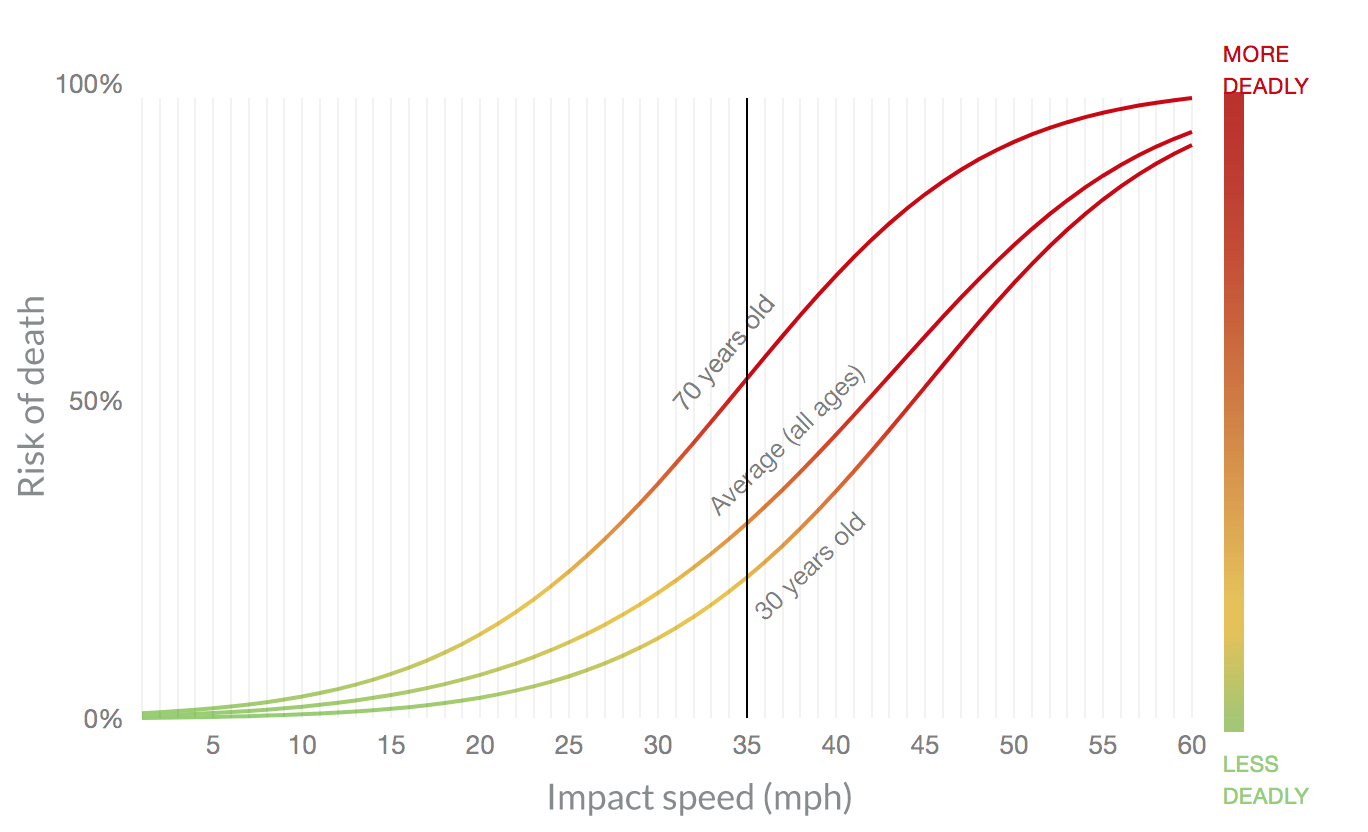
Downtown Ann Arbor in Washtenaw County, MI. Photo by the Michigan Municipal League, via Flickr.
Washtenaw County, MI is located immediately west of the Detroit metropolitan area, with a population of just over 350,000 residents. A former manufacturing region, the county currently houses several major institutions that are playing a growing role in shaping the region’s economy and development patterns. The seat of Washtenaw County, Ann Arbor, MI, is home to the University of Michigan, which employs more than 30,000 people and has contributed to the growth of a vibrant, walkable business and entertainment district in Ann Arbor’s downtown. The county also houses Eastern Michigan University, Washtenaw Community College, and a major U.S. Department of Veterans Affairs medical center.
While Washtenaw County has seen significant job growth over the past several years—a recent economic forecasting study estimates that between 2009 and 2016 the region will have gained 31,147 additional jobs—economic inequality is a growing challenge for the community. County Commissioner Conan Smith, a member of Smart Growth America’s Local Leaders Council, is working to address this issue by promoting economic development strategies that provide all county residents with greater access to opportunities.







